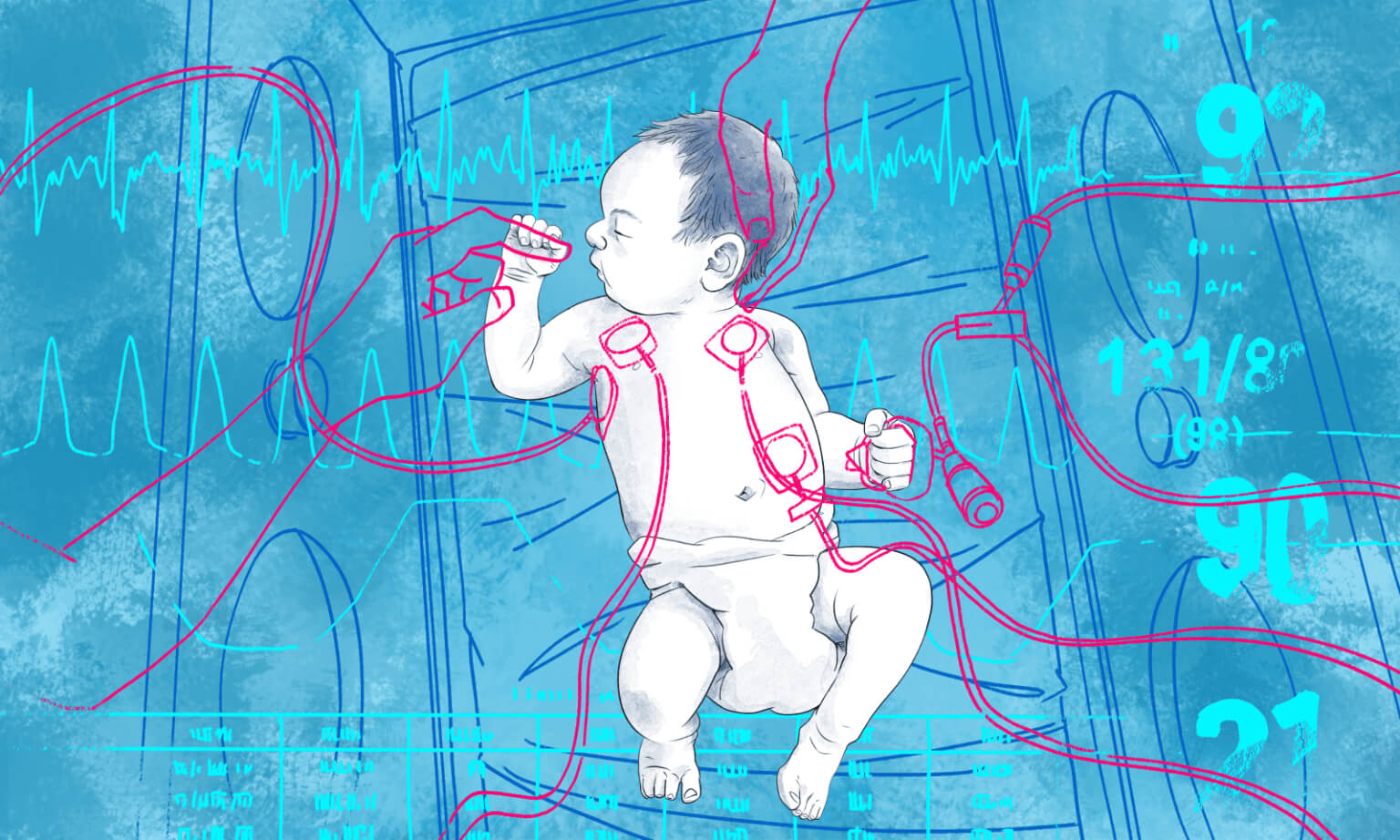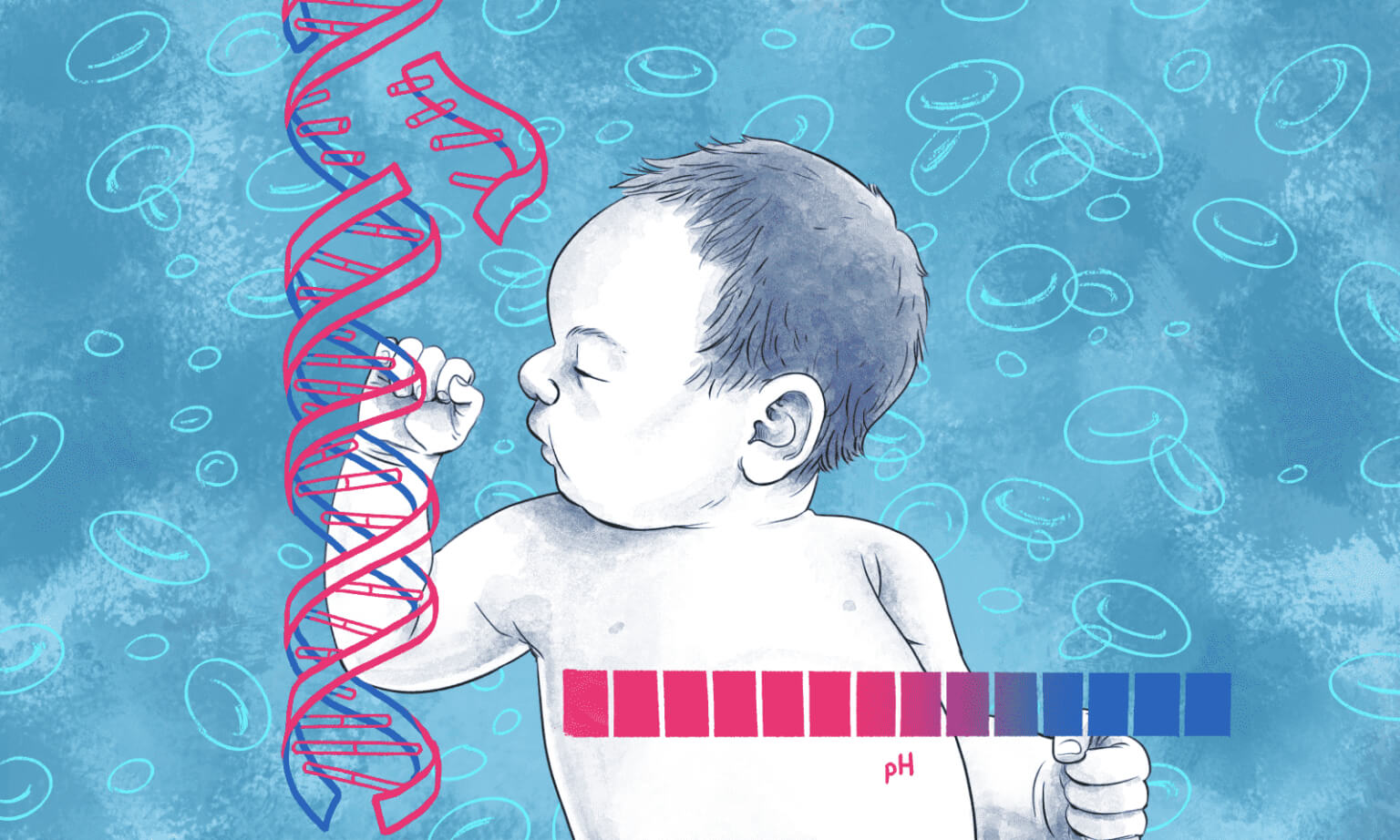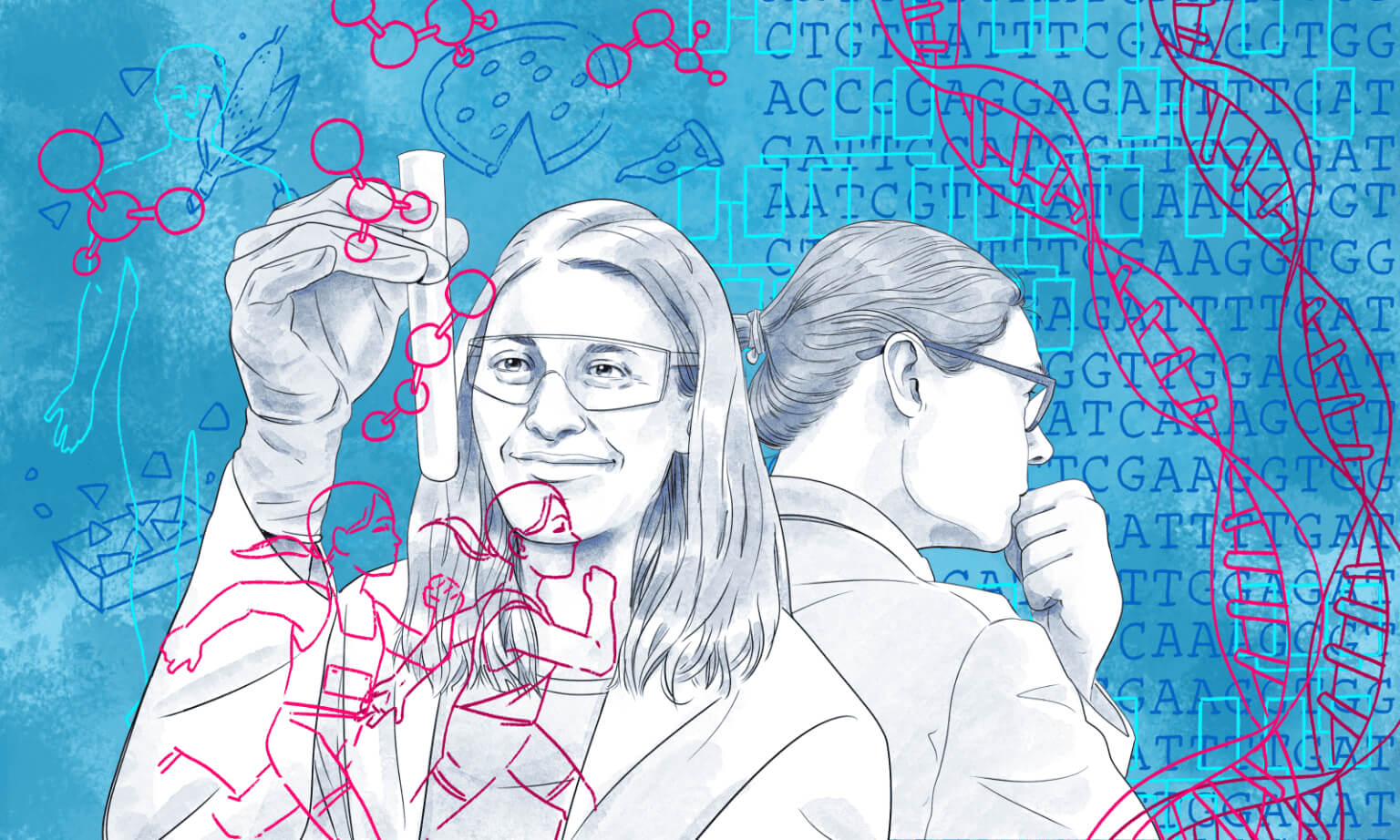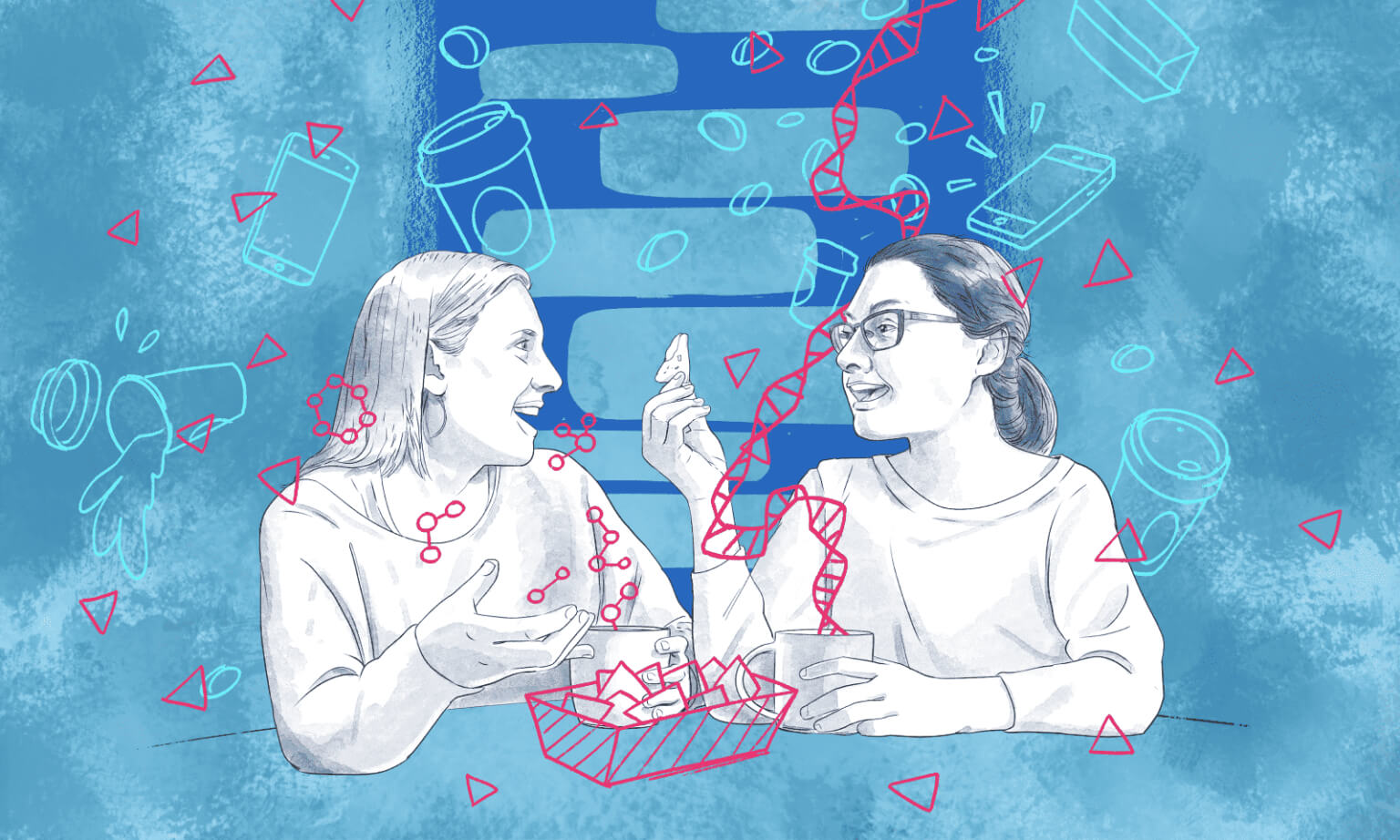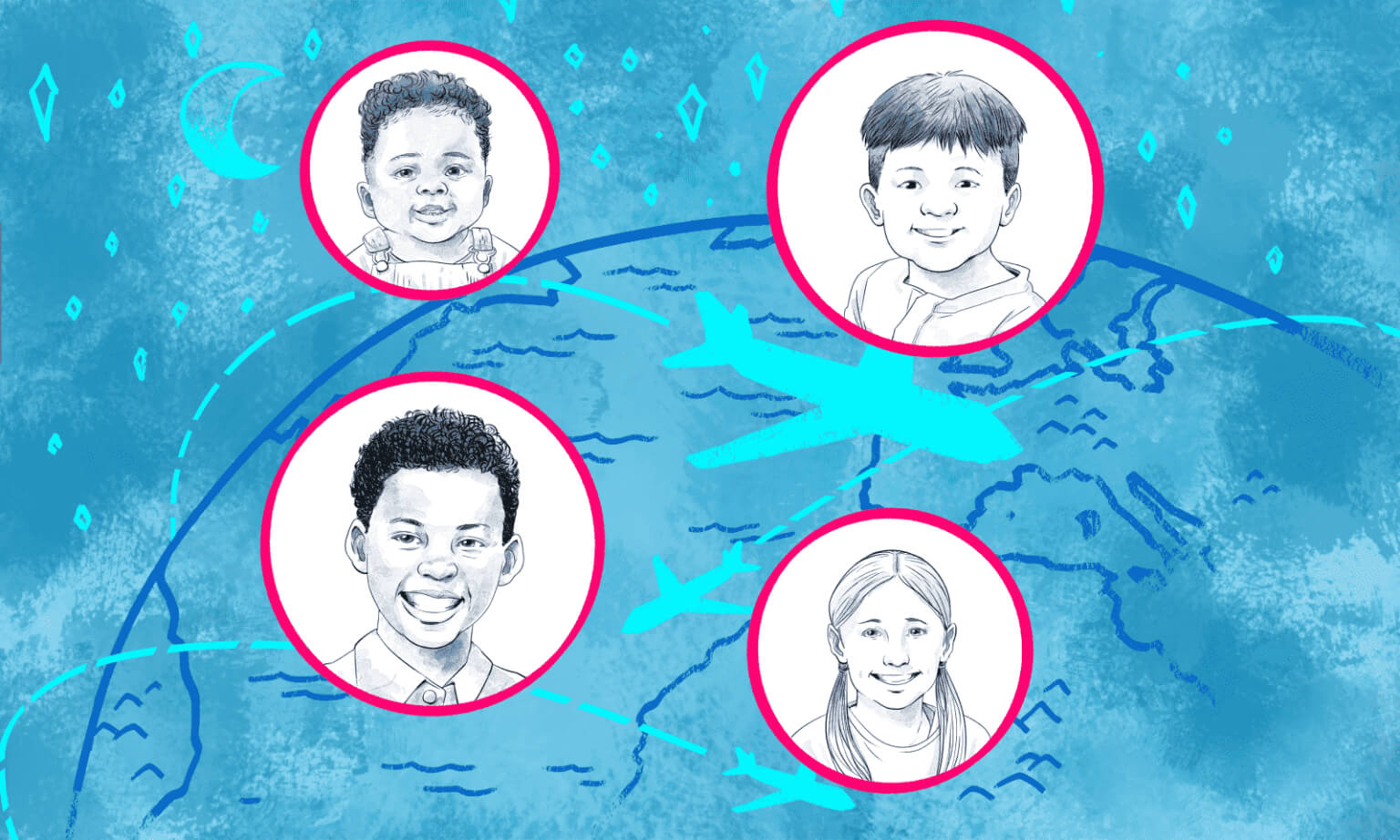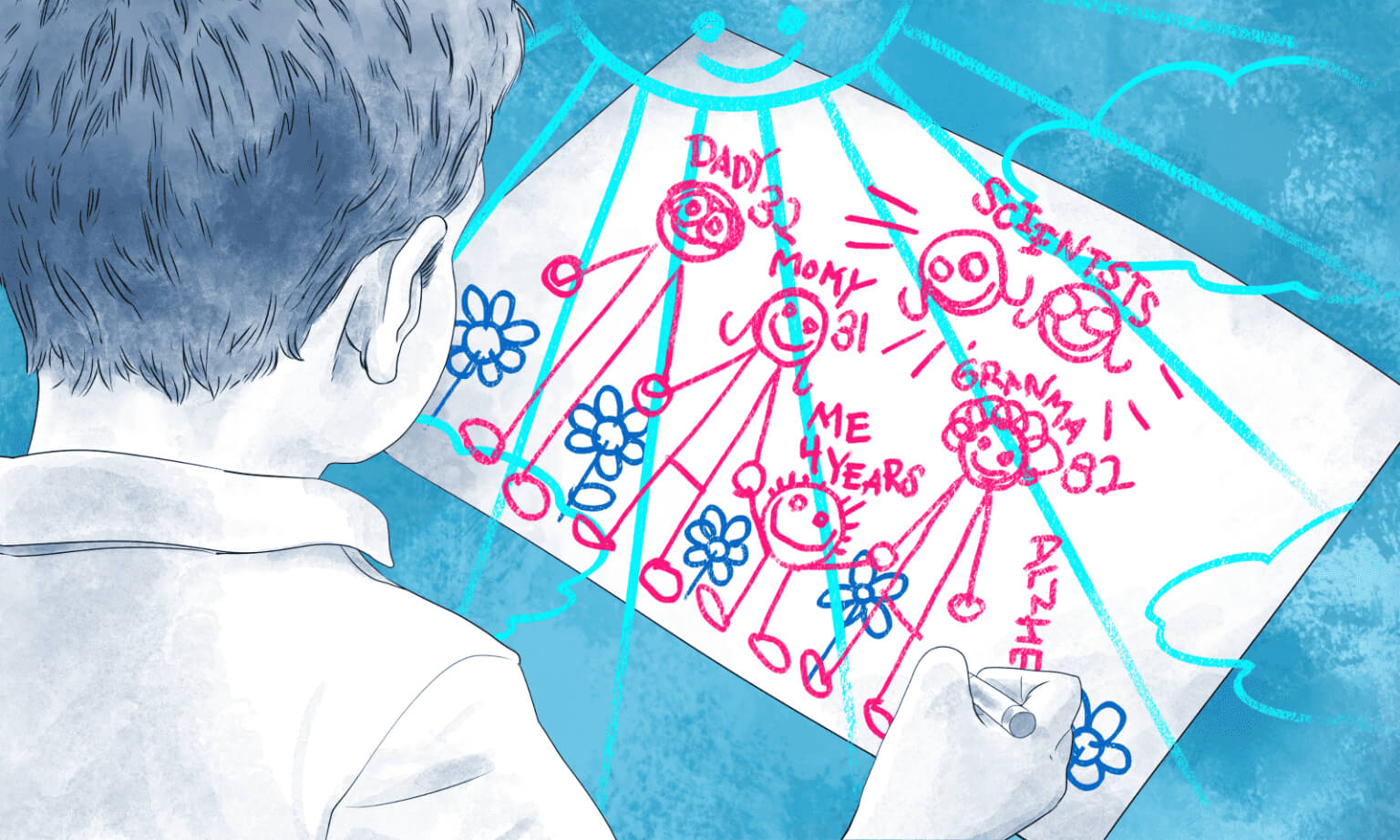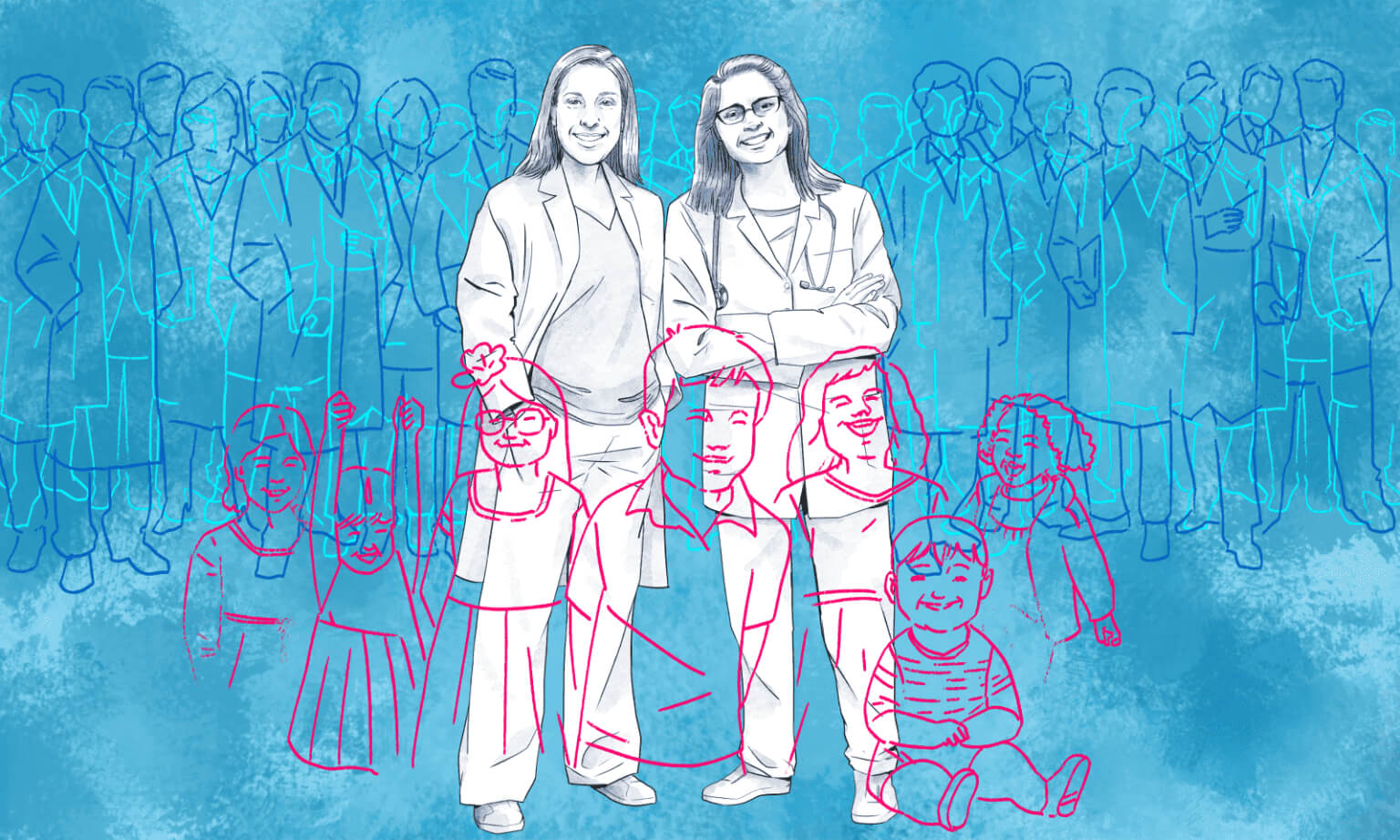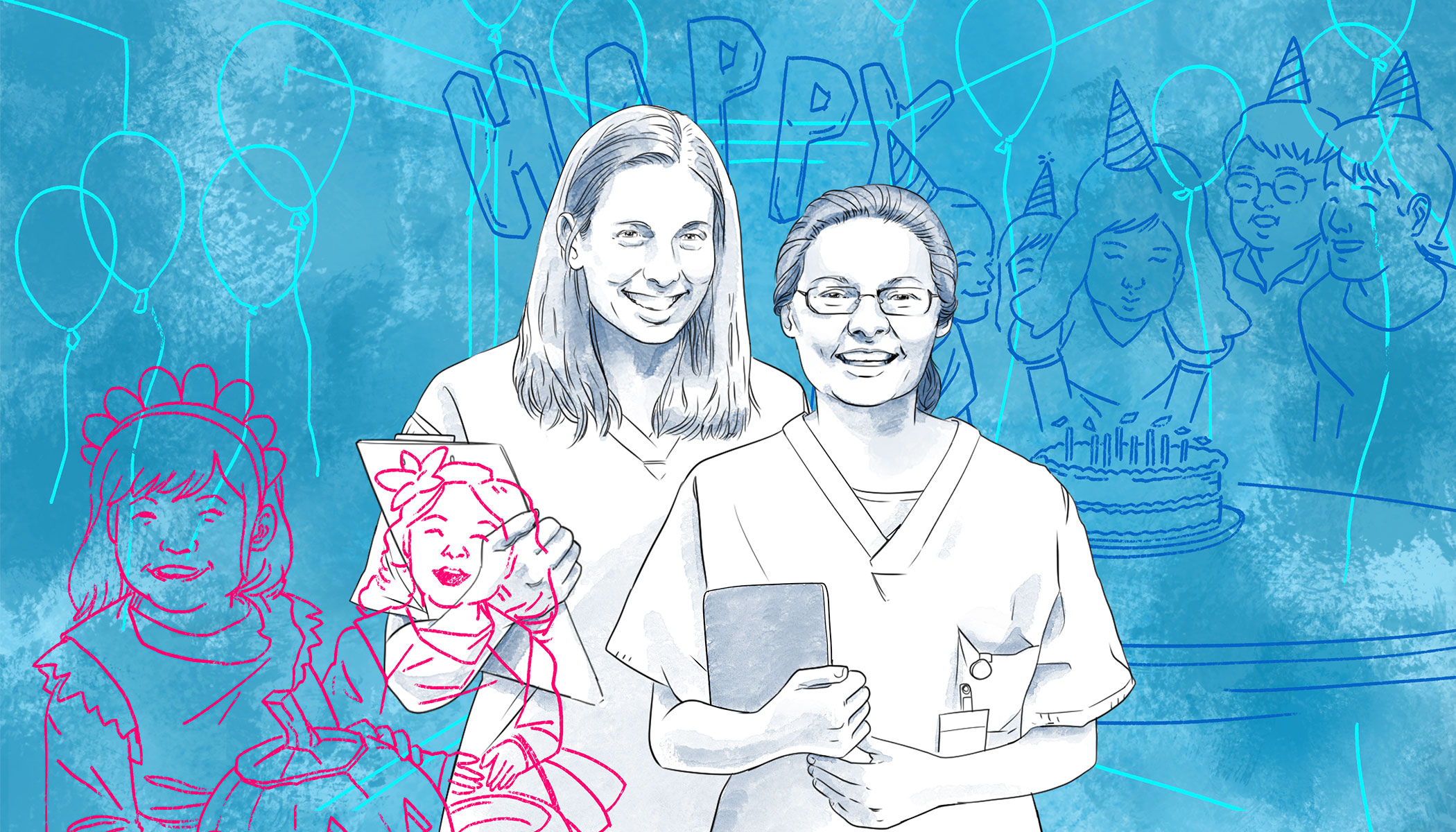
Neurodegenerative diseases, like Alzheimer’s, Parkinson’s, ALS, and Huntington’s Disease, are on the rise worldwide. Yet, there are no effective therapies to cure, prevent, or treat most of these disorders.
To make progress, we launched the Neurodegeneration Challenge Network (NDCN) — bringing together experimental scientists from diverse research fields, along with computational biologists and physicians, to look at this problem across diseases.
Read how this effort is taking shape through the story of Rebecca and Elizabeth — a pair of NDCN researchers working together to treat and prevent rare neurodegenerative diseases that impact children.
Learn more about how the NDCN empowers scientists to pursue bold ideas in order to accelerate the science of neurodegeneration — and ultimately, the path to treatments.
Keep Reading
Back to allAI powers a better way to diagnose malaria
CZ Biohub San Francisco’s Remoscope shows promise in clinical study
Learn More
The past, present, and future of medical imaging
To understand where we are today with medical imaging and where we’re going, it helps to look back on the progress humanity has made already.
Learn More
2 Stanford researchers are using AI to see more in the brain
Learn why Stanford Researchers Wah Chiu and Serena Yeung are using artificial intelligence to reveal the inner workings of neurons.
Learn More
Stay up-to-date on the latest news, publications, competitions, and stories from CZ Biohub.
Cookies and JavaScript are required to access this form.





